Free Speech, Media Power, and the Battle for America’s Airwaves
The left cries "foul play!" in defense of "free speech", but they're a year late.
Literally Hitler!
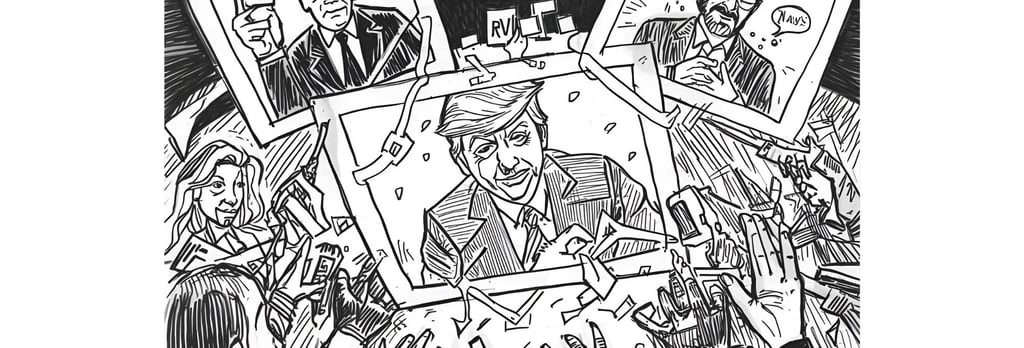



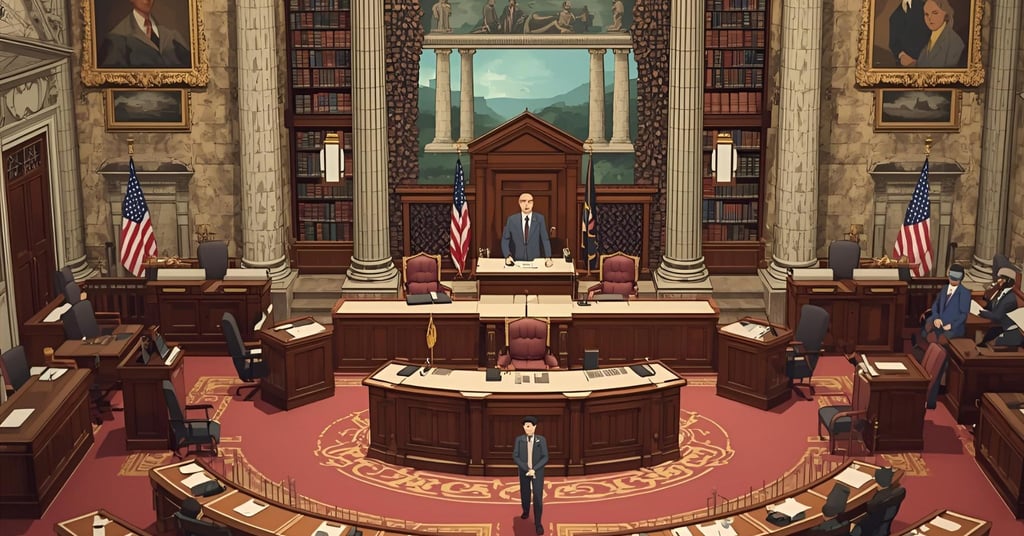

TRUMP HATES FREE SPEECH!
The United States once fought bitter battles over broadcasting. During the Cold War, Radio Free Europe and Voice of America carried pro-democracy messages into Eastern Bloc countries, while Soviet “jamming stations” worked to block them. Both sides recognized that controlling the airwaves was a form of controlling reality itself.
Today, that logic remains unchanged. What differs is the method: instead of governments jamming frequencies, donor networks acquire them outright. Where the Soviets sought to silence Western broadcasts, financiers now purchase American stations, reshaping what millions hear daily.
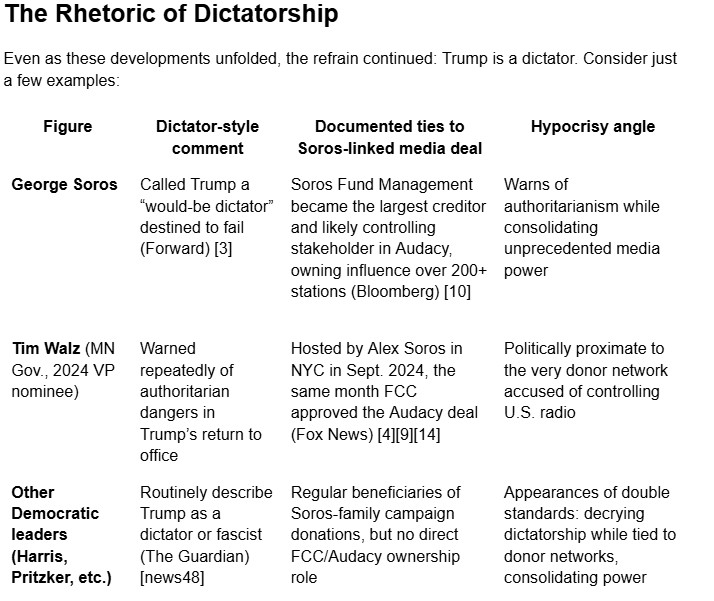







A Law Meant to Protect
The Communications Act of 1934 created the FCC to protect the public interest in broadcasting. One of its bedrock principles was restricting foreign ownership of U.S. media. The logic was simple: In times of crisis, citizens rely on local radio and broadcast for emergency alerts, evacuation orders, and verified information. Allowing foreign interests, or concentrated donor networks, to control those channels posed a national security risk.
This wasn’t theoretical. During World War II, Nazi Germany used shortwave broadcasts to flood American airwaves with propaganda. In the Cold War, the Soviet Union operated global radio
networks to spread disinformation. The FCC’s restrictions were a firewall, ensuring American voices controlled American frequencies. But beginning in the 2000s, those firewalls began to weaken. Academic debates over loosening restrictions surfaced under George W. Bush. In 2013, the Obama administration expanded foreign ownership allowances. In 2022, Biden’s FCC went further, permitting 100% foreign ownership of a U.S. station. By 2024, the door was wide open.
In late 2024 and early 2025, the American political conversation was dominated by one refrain:
Donald Trump is a dictator-in-waiting. Prominent Democrats, union leaders, and media figures sounded the alarm, warning that free speech itself was under attack. Social media amplified the message, with hashtags like #DemocracyAtRisk trending daily.
The 2024 Audacy Deal
When Audacy,one of the largest U.S. radio operators, entered bankruptcy, Soros Fund Management emerged as its biggest creditor. The FCC’s approval of the restructuring created “New Audacy,” transferring more than 200 licenses nationwide. FCC Chair Jessica Rosenworcel insisted the move was “consistent with the public interest.”
But lawmakers in Congress saw danger. House Energy & Commerce Chair Cathy McMorris Rodgers accused the FCC of “fast-tracking a Democrat mega-donor’s media takeover weeks before the election.” House Oversight Chair James Comer opened probes into whether FEMA and the FCC coordinated selective enforcement, pointing to the FCC’s refusal to grant Starlink relief funding while approving Soros-backed acquisitions.
The message: the FCC was bending rules for donor networks while blocking U.S.-based companies.


(Probably)
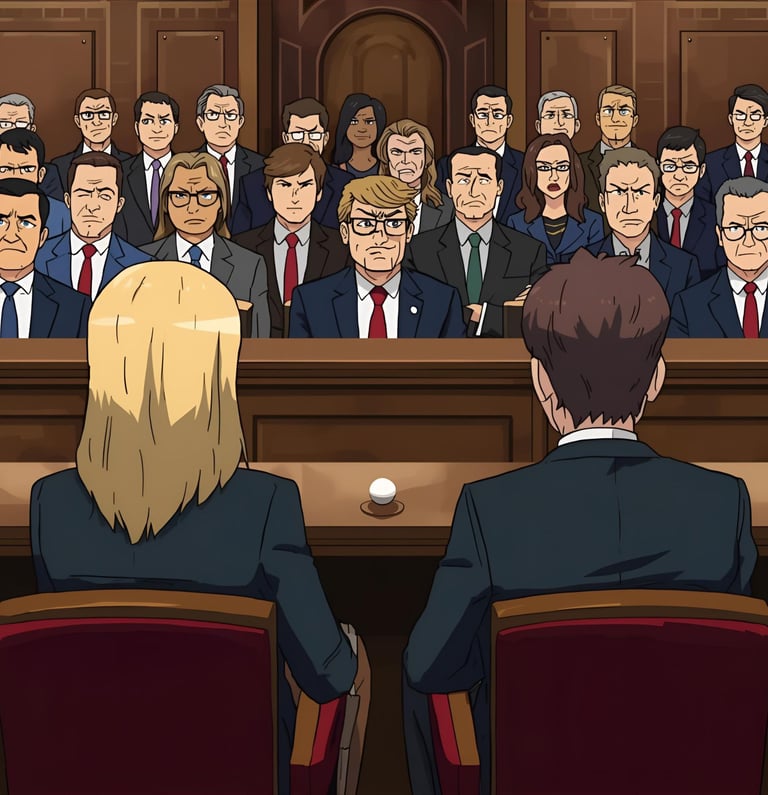

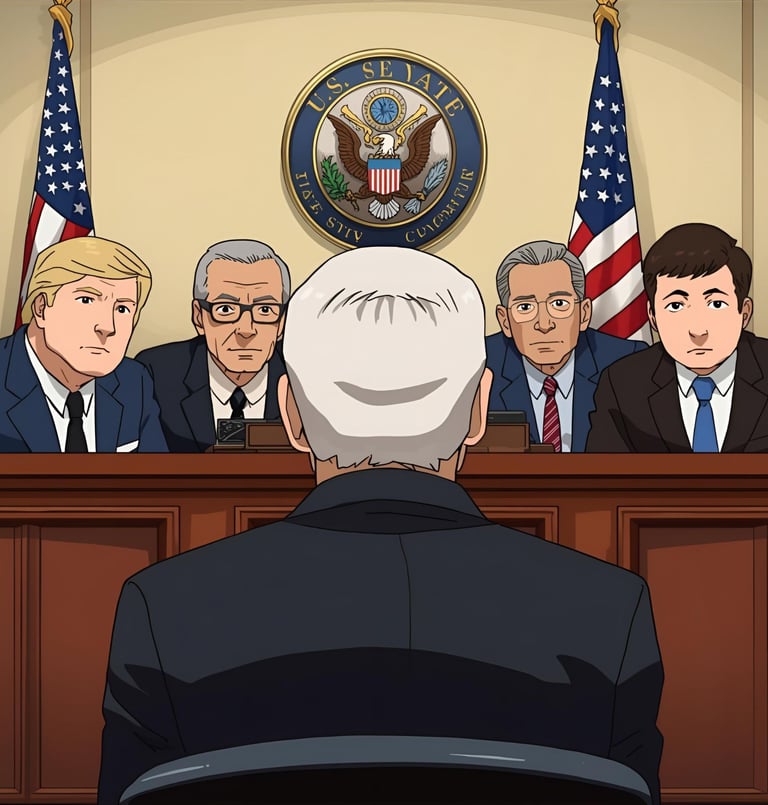

Operational Risks: When Ownership Becomes Action
In early 2025, allegations emerged that Soros-linked stations went beyond partisan commentary. Reports claimed some outlets broadcast actionable details of ICE operations, vehicle descriptions, and live agent locations, effectively tipping off targets. The FCC launched inquiries, but the mere possibility that public airwaves were used to compromise law enforcement raised alarm.
This fit a broader pattern. Conservative outlets have documented apps funded by Soros-linked groups that help migrants avoid detection. If stations were now supplementing those apps by warning about ICE patrols, the airwaves themselves were becoming tools of operational coordination against U.S. law.
Historical Lessons: Katrina, Sandy, and 9/11
To understand why this matters, recall moments when communications were life or death.
9/11 (2001): As cell networks collapsed under strain, local radio remained the most reliable channel for updates in New York and Washington.
Hurricane Katrina (2005): Survivors trapped in flooded neighborhoods relied on battery radios for evacuation orders. Had those stations failed or carried misleading broadcasts, the disaster could have worsened.
Superstorm Sandy (2012): Millions lost power in the Northeast, but AM/FM stations continued transmitting vital shelter and safety information.
California wildfires (2017–2020): Local radio guided evacuations when cell towers melted in flames.
These case studies highlight why the Communications Act restricted foreign control: in an emergency, Americans cannot risk relying on broadcasters with divided loyalties. Now imagine a crisis during an election. If donor-linked or foreign-aligned stations controlled messaging, evacuation alerts and public safety updates could be filtered through political or international interests. That is not dystopian fiction; it is the risk regulators are supposed to prevent.
The Dictator Narrative
Meanwhile, critics hammered Trump as a budding dictator:
George Soros declared Trump a “would-be dictator destined to fail.”
Tim Walz, Minnesota governor and 2024 VP nominee, warned of authoritarianism while attending private meetings with Alex Soros in New York, the same month the FCC approved the Audacy deal.
Kamala Harris described Trump as a “fascist who seeks unchecked power.”
The irony is stark. Those warning of dictatorship are politically proximate to donor networks consolidating unprecedented control over communications. Projection becomes the simplest explanation: accuse your opponent of the very thing you are advancing quietly behind the scenes.
However, as the old adage states, "They are accusing you of exactly what they're doing." To observe if there are potential conflicts of interest in those accusing Trump of dictatorial overreach, we compiled the list below for your own edification.
Cold War Narrative:
The Larger Pattern: Rule Changes and Loopholes
- 1934: Communications Act restricts foreign ownership.
- 2007: Academic debates begin pushing for modernization of FCC rules.
- 2013: Obama-era FCC loosens restrictions on foreign stakes.
- 2022: Biden FCC allows 100% foreign ownership of a U.S. radio station.
- 2024: Soros Fund Management positions itself as the largest creditor in Audacy, influencing over 200+ stations.
Each change weakens the firewall. Each step expands the possibility of outside influence.


Free speech is not only about what presidents say. It is about who owns the platforms, who sets the boundaries, and who decides what information reaches the public in moments of crisis.
The evidence is undeniable: Soros Fund Management now influences over 200 American radio stations. The FCC approved the takeover weeks before a national election. Lawmakers raised alarms. Reports suggest broadcasts have compromised federal operations.
And yet, the loudest voices crying “dictator” are aligned with the very donor networks behind this consolidation.
In a democracy, speech is free only if the microphone is truly in the people’s hands. Today, Americans must ask: who really holds the microphone?
Yet at the very same time, a massive restructuring of American communications infrastructure received far less attention. Over 200 local radio stations, reaching tens of millions, were transferred into the hands of a restructured Audacy, underwritten by Soros Fund Management’s $400 million debt stake.
Approved by the FCC just weeks before the 2024 election, the move consolidated unprecedented influence over public airwaves.
For critics, this was the real story: while Americans were being told to fear “dictatorship,” while a slow, technical takeover of media ownership was already underway.
Conclusion: Who Holds the Mic?


Written By: Gabriel Merigian & AD Editorial
AD news Editorial Team collaborates on stories in-house and with external reporters to bring you exclusive pieces, like this one.


